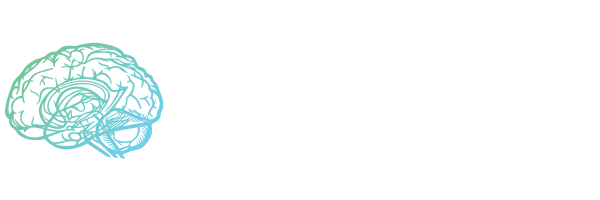Psychopharmacology
Psychopharmacology serves as the bridge between the body and the brain
Psychiatric Associates of Southern Connecticut is a leader in psychopharmacological consultation and treatment. Our practice serves individuals, couples, and groups using a mixture of psychopharmacology, psychotherapy and cutting edge therapies for patients across the spectrum of psychiatric disorders.
Psychopharmacology Treatment
Psychopharmacology is a relatively new specialty that has evolved over the past 3+ decades as psychiatric research and medication have proliferated and treatment has become more sophisticated and complex. Few psychiatrists are formally trained as psychopharmacologists, although many claim to have such credentials. Dr. Brown is one of only a small number of board certified psychiatrists in the tri-state area who has both earned an M.D. and a Ph.D. and has completed a fellowship in this area. In addition, she spent more than a decade as an academic psychopharmacologist, administrator, and a research and teaching leader. She is also one of the few trained psychopharmacologists who embraces both TMS and medication treatment.
Psychopharmacological treatment often alleviates the symptoms of the following conditions:
- Mood Disorders
- Depression
- Bipolar Disorders
- Anxiety Disorders
- Generalized Anxiety Disorder
- Panic Disorder
- Obsessive Compulsive Disorder
- Social Phobia
- Trauma
- Post-Traumatic Stress Disorder
- Dissociative Identity Disorder
- Eating Disorders
- Attention Deficit Disorders
- Substance Use/Abuse/Dual Diagnosis
- Multi-System Disorders (involving psychiatric and non-psychiatric medical symptoms)
About Psychopharmacology
Psychopharmacology is the science and study of the role of medications in the treatment of psychiatric disorders, and the effects of these drugs on such areas as mood, behavior, and cognition. Clinical psychopharmacology is a relatively new specialty that has evolved over the past several decades as psychiatric research and medications have proliferated and treatment has become more sophisticated and complex. While all psychiatrists are trained to treat patients with psychiatric medications, only a small number of psychiatrists choose to obtain specialized training in advanced psychopharmacology. Psychopharmacology specialists generally have earned both an M.D. and a Ph.D., have completed a fellowship in psychopharmacology after residency training, or have pursued advanced academic courses in this area.
As interest in the treatment of psychiatric disorders grows, there has been an increase in research in psychopharmacology, and clinical treatment options are expanding. Psychopharmacologists must understand the scientific bases of how medications work and how they interact with the brain and body (pharmacodynamics and pharmacokinetics), and must keep up to date with the fields of neuroscience, clinical medicine, and current clinical psychopharmacological research.
A psychopharmacologist must be familiar not only with psychiatric medication, but also with the many drugs from other fields that are now approved for use as boosters or augmentation agents for psychiatric treatment (anti-seizure drugs, migraine medications, hormones, etc.), or that patients are increasingly prescribed by other physicians. Understanding polypharmacy and how medications interact, are metabolized, and how to treat medication side effects is crucial knowledge for a psychopharmacologist. Understanding the pharmacology of alcohol and drugs of abuse is also critical, since many patients use these as a way of self-medicating, and the effects of these substances on psychiatric medications, as well as the patients themselves, cannot be underestimated.
In addition, because of recent advances in genetic testing, psychopharmacologists often employ such testing to determine better medication options for patients who may metabolize some medications too quickly or too slowly to work efficiently.
